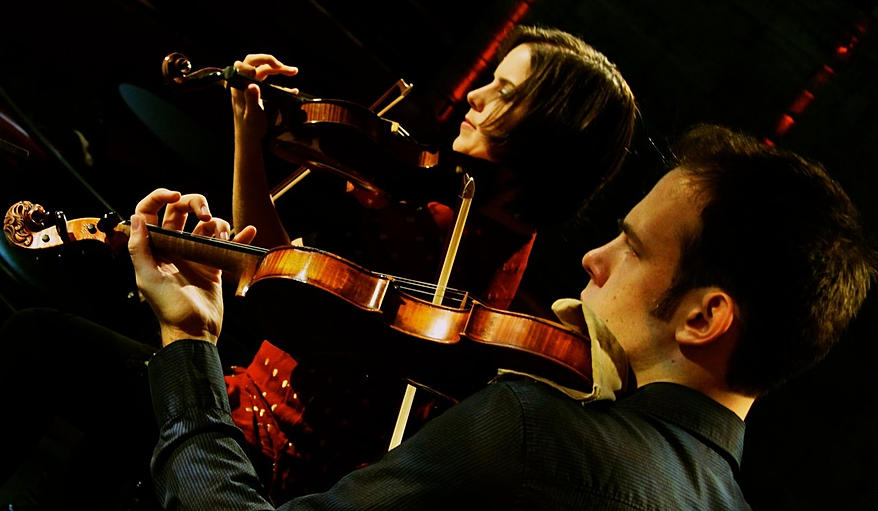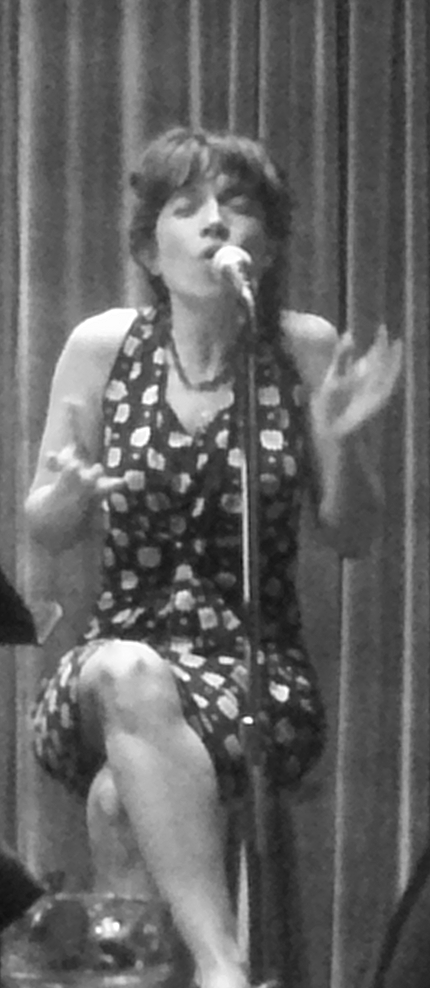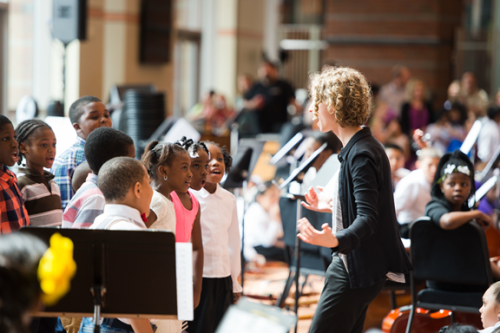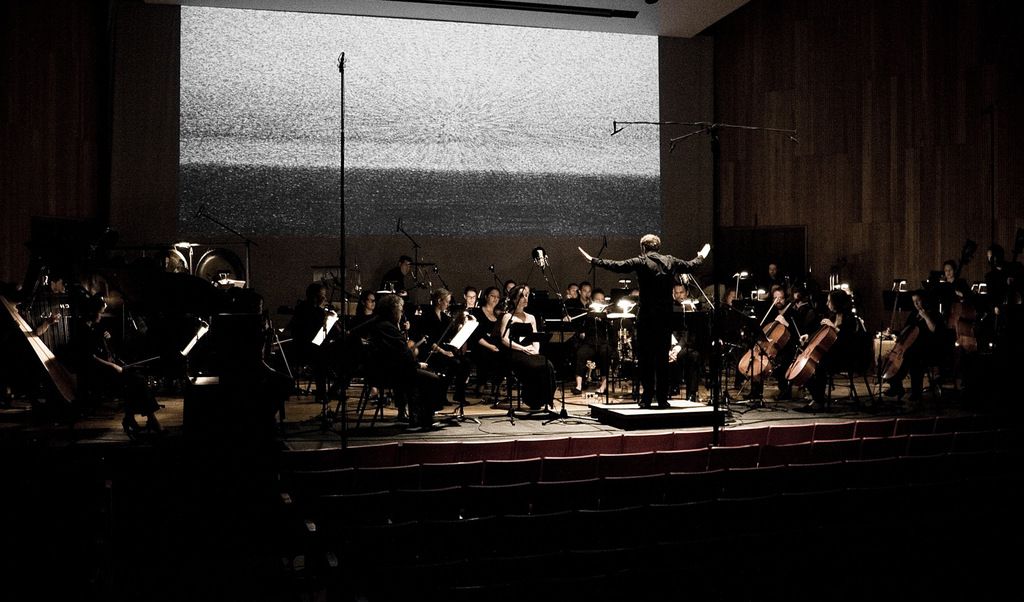 |
| Voxnova Italia perform Stimmung |
This week, the Center is excited to host the residencies of Voxnova Italia and Project Isherwood, who will present three events of adventurous vocal music sure to engage, challenge, and transport listeners. Known for pushing vocal and performative boundaries, these artists have cultivated a repertoire and an approach to vocal music that centers on the raw physicality of the voice itself, while always expanding listener's understanding of the voice through intrepid use of technology and extended vocal techniques.
Voxnova Italia is an ensemble of vocal soloists dedicated to the repertoire of the 20th and 21st centuries. They have made their reputation through the performance of works by the great composers of contemporary vocal music (Berio, Scelsi, Aperghis, Nono, Cage, et al.), and also through their mission of making heard the music of young and "unjustly neglected" composers. In so doing, they have premiered a number of new works, including pieces by Giacinto Scelsi, Steve Lacy, Luca Francesconi, Betsy Jolas, and Gerard Pape (see below for a recording of the latter's Battle, commissioned by Voxnova in 1996).
Voxnova's December 5th program will feature two works: a new arrangement of David Felder's …la dura fría hora… and Karlheinz Stockhausen's vocal opus, Stimmung. Felder's work, originally composed in 1986 for chamber chorus and orchestra, is an ornate work of vocal counterpoint beginning from a simple seed of two notes, which expands at turns delicately and aggressively into rich harmonies that are at once forceful and mysterious—assertively present while hinting at whole worlds just over the sonic horizon. Voxnova will perform a new adaptation for six voices.
Stimmung, Stockhausen's meditative masterwork for six amplified voices, is the first major Western composition to be based entirely on the production of vocal overtones. Organized into 51 "moments," the work explores the natural resonances of the human vocal apparatus, while pushing the voice to create new timbres and rhythmic textures. Evoking mystical and earthy elements pulled from Eastern religious traditions and the 1960s counterculture, Stimmung unfolds ritualistically, moving up and down the Bb harmonic series in a unique manner that is both ceremonial and theatrical. The title, in the composer's words, "means 'tuning,' but it really should be translated with many other words because Stimmung incorporates the meanings of the tuning of a piano, the tuning of the voice, the tuning of a group of people, the tuning of the soul." Voxnova's performances of this work have been called "stunningly beautiful, utterly serene, full of charm" by the LA Times, which adds, "the voices here might have been angels." The ensemble specializes in performing a new version of the classic work, which uses Mongolian diphonic singing for the execution of the overtones. This reinterpretation is perhaps closer to the composer's original vision, as Nicholas Isherwood, Voxnova's bass singer, worked closely with Stockhausen during the last years of the composer's life, performing the role of Lucifer in the world premieres of several of the Licht operas (Montag, Dienstag, and Freitag).
 |
| Nicholas Isherwood |
Isherwood's December 4th concert features works that extend his virtuosic vocality through the use of electronics. The program includes Otro, a recent (2010) work by the computer music pioneer Jean-Claude Risset, Michael Norris's Deep Field, for voice and live electronics, and Isaac Shankler's evocatively-titled, Mouthfeel. Also featured on the program will be Black Fire/White Fire, the third part of David Felder's Shamayim (2008), a work for voice, electronics, and video composed in close collaboration with Isherwood and video artist Elliot Caplan, which Haskins American Recod Guide called "abstract but not forbidding, [with] images arresting and unforgettable." [An excerpt of Chashmal, the first work in the series, can be seen below).
The residency will conclude with a composer workshop on December 6th, at which Voxnova will perform new works by UB graduate composers Jessie Downs, Ethan Hayden, Brien Henderson, and Ying-Ting Lin. Through this presentation, Voxnova and Isherwood carry forth their mission to articulate and embody the newest works of contemporary vocal music, always adding dynamic new pieces to the repertoire. This, and the other events are definitely not to be missed!










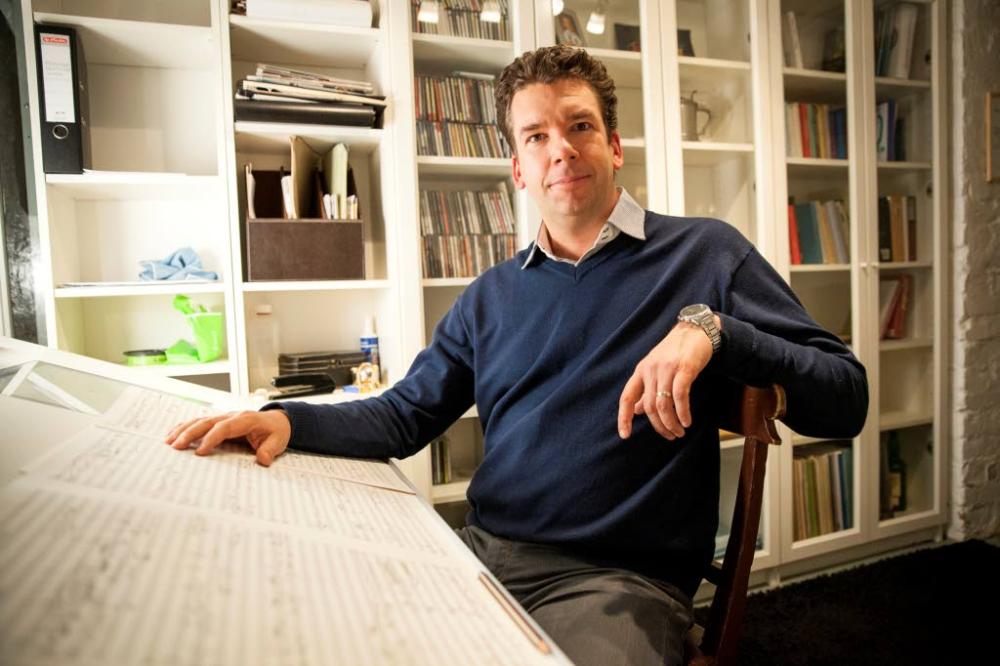
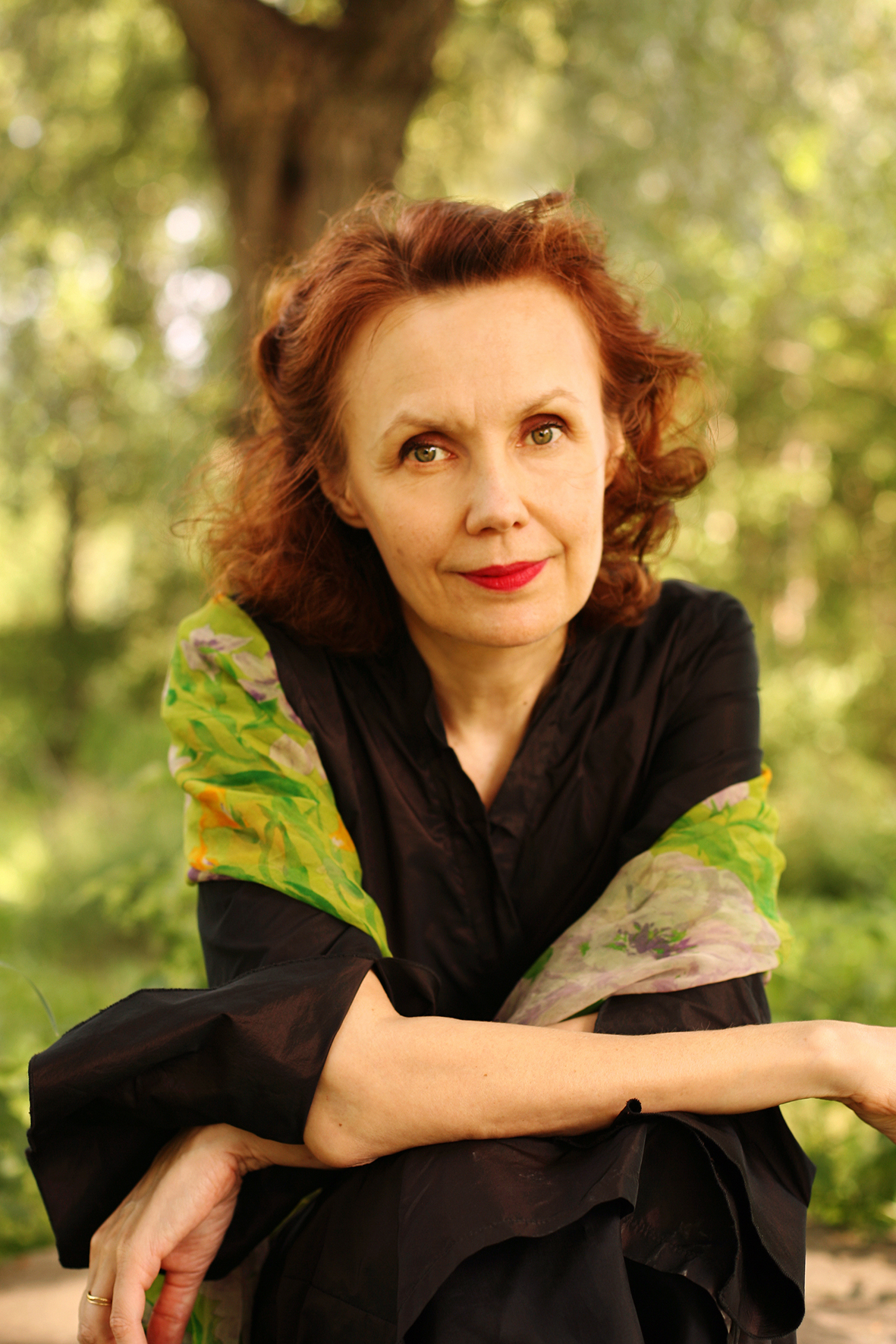
_-_Google_Art_Project.jpg)
